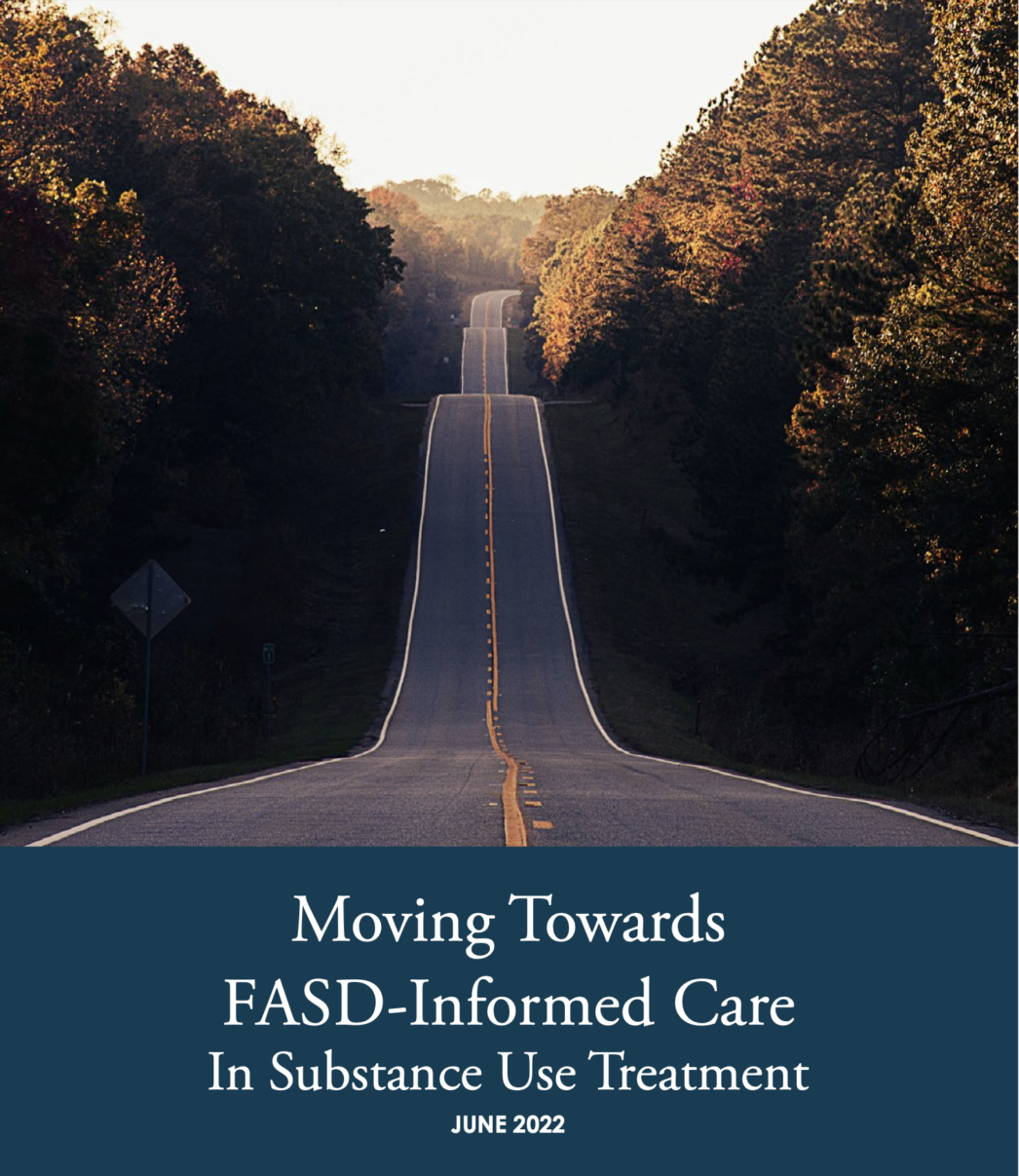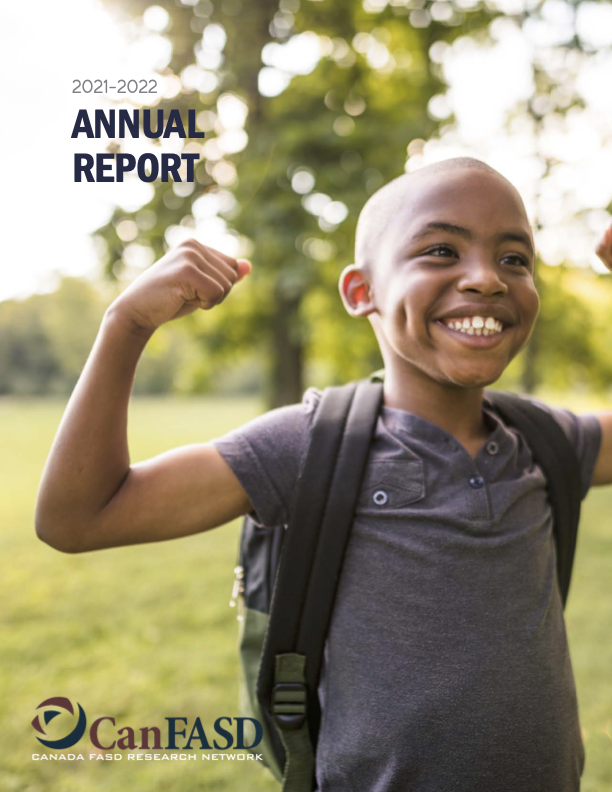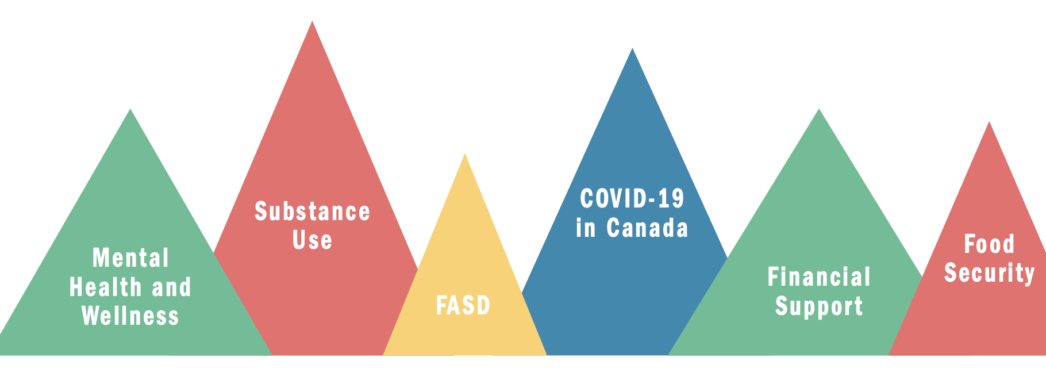The Canadian Institute for Substance Use Research released a list highlighting groups and organizations who involve people with lived and living experience in their work.
Provincial Alcohol Policies: Learning from Quebec
Each province in Canada has different policies and resources surrounding alcohol. In this new series, we will look at what is happening in each province to provide insight into how we can learn from each other.
THO 2.0: An updated framework for integrated community intervention
We’re happy to announce version two of the Towards Healthy Outcomes framework: THO 2.0! The THO for individuals with FASD offers an individualized, evidence-based resource that facilitates collaborative goal-setting and intervention planning.
New resource on FASD and mental health just launched
Yesterday was World Mental Health Day. The objective is to raise awareness of mental health issues and to encourage efforts that support mental health. In light of this event, we are excited to release the FASD and Mental Health Resource and Practice Guide.
New FASD Resource for Substance Use and Addictions Professionals
With rates of substance use hospitalizations and overdoses increasing, addictions professionals are more valuable than ever. We published a guide for addictions professionals with evidence-based practices to support people with FASD who are in treatment for substance use.
CanFASD 2021/2022 Annual Report Published
We are pleased to announce that the CanFASD 2021/2022 Annual Report is now available to view.
Common Messages Guidelines Updated
In 2017, CanFASD developed a document intended to encourage consistency in how we talk and write about fetal alcohol spectrum disorder (FASD). Our Common Messages Guidelines have now been around for five years, and we regularly update them to reflect new research and information.
Alcohol, pregnancy and your mental health during COVID-19
Awareness and support are important to prevent FASD. We’ve created a new two-page handout that talks about alcohol, pregnancy, and mental health during COVID-19. We are asking women and partners to reduce their risk of FASD by going alcohol free if they are pregnant or trying to get pregnant. If they are not trying to get pregnant, we are reminding women that it is important to use reliable contraception.






